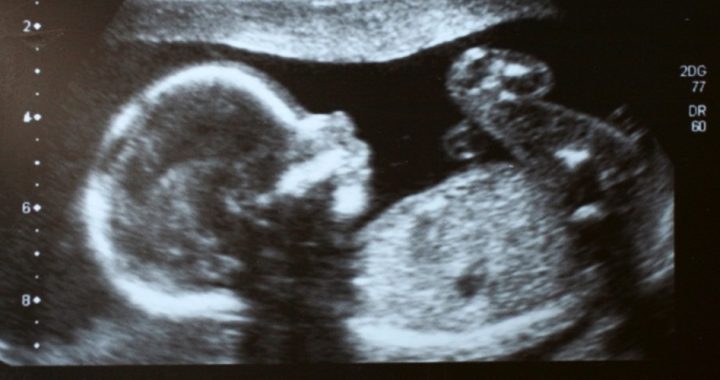
Podcast: Play in new window | Download ()
Subscribe: Android | RSS | More
The British Parliament has usurped the rights of the people of fiercely pro-life Northern Ireland and taken steps to legalize abortion on demand up to 28 weeks of pregnancy, the Sun reports. Critics are outraged, as the vote not only means innocent lives will be lost, but also serves as a glaring reminder the people of Northern Ireland are being stripped of their rights to make their own laws.
Because of a 2017 political dispute, Northern Ireland does not currently have a parliament, and pro-abortion activists in the British government seized the opportunity to advance their agenda. On Monday, British lawmakers, led by Labour MP Stella Creasy, voted 322 to 99 to force Northern Ireland to legalize abortion for any reason up to 28 weeks of pregnancy. The U.K. Guardian reports that the change came via amendment to the Northern Ireland Executive Formation and Exercise of Functions Bill, focused on the reestablishment of the devolved government, the Catholic Herald writes.
In addition to the abortion amendment, MPs added an amendment legalizing same-sex marriage to the same bill. It passed by a vote of 383 to 73.
The amendments lead to an automatic change in the law within three months if the devolved government remains stalled, The Guardian explains. In other words, if the Northern Ireland parliament is not functioning by October 21, the country will be forced to adopt the pro-abortion and pro-same-sex marriage bills. However, if the parliament is revived by then, it can proceed with a vote on whether to approve or repeal the measures.
Members of Northern Ireland’s Democratic Unionist Party are infuriated by the British lawmakers’ overreach, the U.K. Independent reports.
DUP MP Sir Jeffrey Donaldson said marriage equality and abortion are “sensitive issues” and should have been a matter for the people of Northern Ireland to decide “through their elected representatives.”
“To do it this way is breaking the devolution settlement — that is not the way to make the law,” he told RTE Radio One’s Morning Ireland.
DUP deputy leader Nigel Dodds voiced similar concerns, and accused the British MPs of violating the devolution settlement.
“It is not right that we should drive a coach and horses through the devolution settlement in relation to certain issues which people feel passionately and deeply about here but which are the subject of devolved powers in Northern Ireland — and at a time when there are real prospects of discussions taking place among the political parties leading to an agreement for the restoration of devolution.”
“The effect of taking decisions before agreements are reached is to skew those negotiations,” he added.
Clare McCarthy, spokesperson for Right to Life UK, made similar observations.
“The law on this issue should be a decision for the people of Northern Ireland and their elected representatives, not for MPs in Westminster to decide,” she asserted.
As noted by LifeNews, Northern Ireland was one of the “last bastions of safety for unborn babies in Europe” after abortion activists in Ireland led efforts to repeal the country’s pro-life constitutional amendment in 2018.
CNN reports, “While the 1967 Abortion Act broadly legalized the procedure throughout the rest of the UK (England, Scotland and Wales), it has never been extended to Northern Ireland, where an 1861 law still holds.”
Under that law, abortions are banned in virtually all cases, including rape and incest, except when a women’s mental or physical health is in serious danger.
Bernadette Smyth, director of Precious Life, Northern Ireland’s leading pro-life organization, accused pro-abortion MPs of being “blood-thirsty.”
“Today represents one of the darkest and most tragic days for the people of Northern Ireland and for vulnerable unborn children and mothers here,” Smyth said. “The Westminster Government have done the unthinkable. No other government in the world would dare to vote over the heads of another government and another country’s democratic process to completely ignore the democratic will of the people here.”
Pro-life group Life raises concerns that the bill enables the abortion industry to exploit vulnerable women and their unborn babies.
“It nullifies the need for legal checks and conditions on abortion which are key to protecting both women and unborn children,” Life spokeswoman Clara Campbell said. “It also means an escape from prosecution for people who force women into an abortion.”
Campbell notes that the people of Northern Ireland have no desire to be legislated by MPs in Westminster, citing a 2018 ComRes poll in which 64 percent of those surveyed said any changes to abortion legislation should be a matter for the people of Northern Ireland and their elected representatives to decide.




